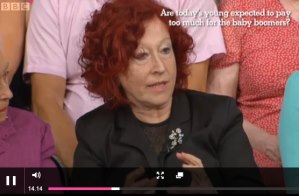On the face of it ICPs or Integrated Care Partnerships (or Services) proposed for England make a lot of sense. Anyone who has looked after an elderly relative or been in a carer role will know the frustrations of care falling between two stools. ‘Who does what?’ is often the question, and beneath a shallow surface, ‘who pays for what?’. But the model is flawed and lacks scrutiny. Like most ‘good ideas’ it has fallen into a bureaucratic framework which means ‘form’ is taking precedence over function.
The form in this case is the Health and Care Bill currently at Committee stage in Parliament. Whilst there are always concerns about the role of private companies in NHS provision some have sought to argue that the Bill in fact rolls back some of the damaging privatisation provisions from the 2012 reorganisation of the NHS.
A lot will depend on the new bodies who will inherit commissioning from the clinical commissioning groups, but there are few safeguards to prevent increased private sector involvement in NHS service delivery – though CCGs have hardly been the bastions of supporting in-house NHS or local authority services either.
At best the Bill is Janus faced. On the one hand it arguably removes some tendering requirements from NHS commissioners – something they have protested has been a costly waste of time – but on the other it could lead to unregulated procurement without tenders. Contracts for Cronies anyone?



















